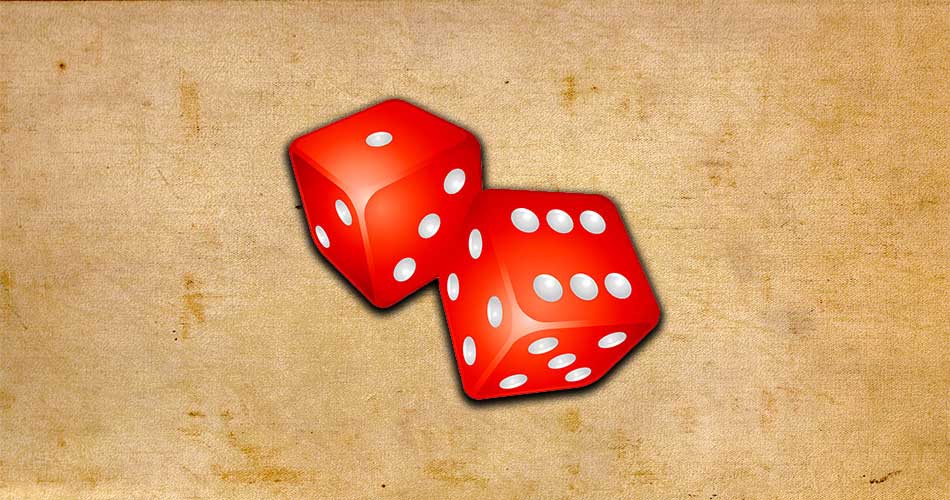I have designed a simple rule set for the gamebook mechanics.
Attributes
Your character has several attributes that will be used and tested during a game. The higher your score, the better.
Strength
For example, strength comes into play when lifting heavy objects or breaking down a door.
Agility
Your reactions; how agile or dextrous you are. For example, when you are avoiding a falling object.
Intelligence
How smart you are. Intelligence is used for problem-solving and working out complex tasks.
Charisma
Your personality and good (or bad) looks. How charming you are.
Prowess
A measure of your skill in combat.
Sanity
Sanity reflects how in control of your actions you are. Some things may push you too far over the edge of reason.
Health
A measure of your current health and how close to life or death you are. Zero health can lead to defeat but not dying in some situations.
Other than Health, attribute skills will generally stay at the same level as your initial score or below.
Abilities
Your character will have various abilities, and an initial score will be determined when creating the character.
Experience Points (XP) get awarded during the game and are used to increase your ability scores.
Some example abilities might include; Negotiation, Research and Observation.
Rolling a Character
Starting Attributes
Strength, Agility, Intelligence, Charisma, Prowess and Sanity are all initially determined by a roll of a 1d20 die and then adding 50 to the roll.
Example
- Rolling a 7 gives you a starting Strength of 57.
Repeat for the other attributes listed above. Health is slightly different:
- Health has an initial value of 20 + 1d20.
- Rolling 13 will give you starting Health of 33.
Starting Abilities
Each gamebook will suggest several abilities your character might employ during your adventure. Roll your ability scores the same way as for Attributes, 1d20 plus 50 points each.
You may reallocate your scores to help create a character more to your liking.
Example
If your score for Negotiation is 56 and your score for Research is 68, you may swap them around if you want your character to be better at negotiating.
This procedure is to allow some flexibility in character creation.
Testing an Attribute
Sometimes you will be asked to roll a test against an attribute score during the game. To do this, you make a percentile roll (1d100); if you score less than your attribute score, you have passed the test. Otherwise, you have failed.
Rolling the exact value is considered a failure.
Example
- Rolling 57 against an Attribute score of 65 is a success.
- Rolling 87 against an Attribute score of 52 is a fail.
Testing an Ability
Testing an ability is the same process as for attributes. You need to roll below your ability score.
Combat
Both players and NPCs (Non-Player Characters) have a Prowess attribute governing combat. The higher this score, the more likely they are to be successful in battle. Generally, the higher this score, the more likely they will be successful in a fight.
Initiative
Before combat occurs, roll a 1d20 (1 x 20-sided dice) for each participant to decide who gets the first attack. Whoever rolls the lowest gets the initiative. On a draw roll again until there is a clear winner. Occasionally the story will award the first initiative in advance.
Rounds
If you have the first initiative, roll percentile dice (1d100), and if the roll is less than your Prowess, you have succeeded in your attack method.
You will then roll the appropriate dice to determine the damage you have inflicted and deduct that amount from your opponent’s Health. Then proceed with the same method to determine the outcome of your opponent’s attack.
The same process applies if the opponent has the first initiative, except that your opponent has the first attack. Continue until either side is defeated. The story will then direct you to the consequences.
Example
- Player: Prowess of 65. Using a sword with damage of 1d8.
- NPC: Prowess of 62. Using fists with damage of 1d4.
Let us assume that the player had gained the initiative; they would then roll a 1d100. If they score under 65, they successfully strike the NPC and can use a 1d8 to determine damage and remove it from the NPC’s Health.
You then apply the same process for the NPC and repeat until there is a winner (usually when either side has zero or less Health).
There is no damage if you or your opponent fail to attack successfully.
Experience Points
You may be awarded Experience Points (XP) after events throughout a game for succeeding in a challenge. You can use this XP to increase your ability scores.
In other words, for example, when awarded 5XP – you may add 5 points to any of your ability scores.
Experience Points allow your character to improve from any successes. XP should be applied as awarded – i.e. do not save up XP.

